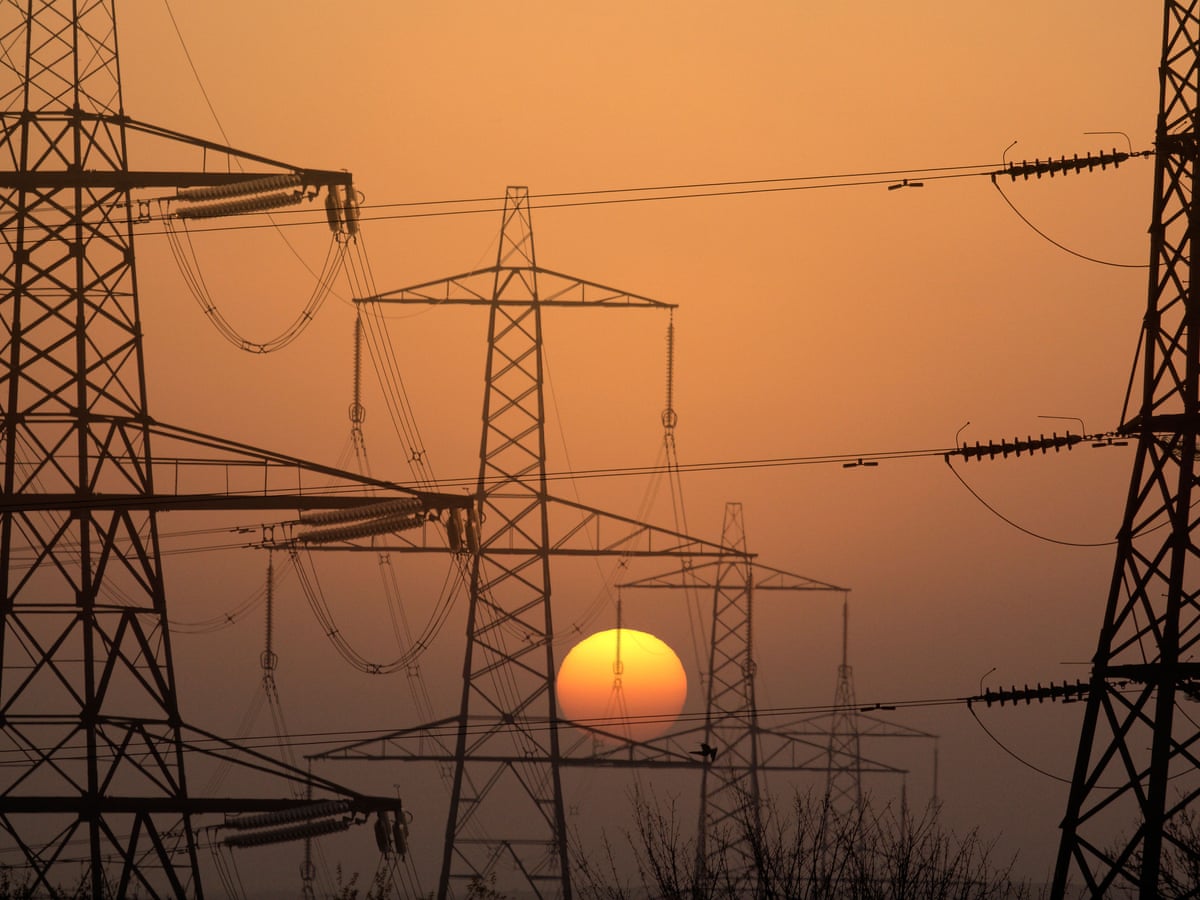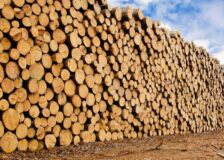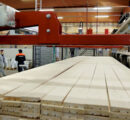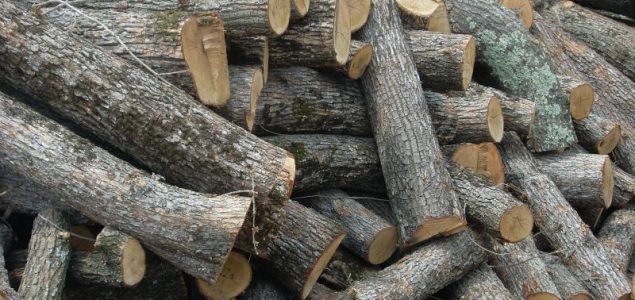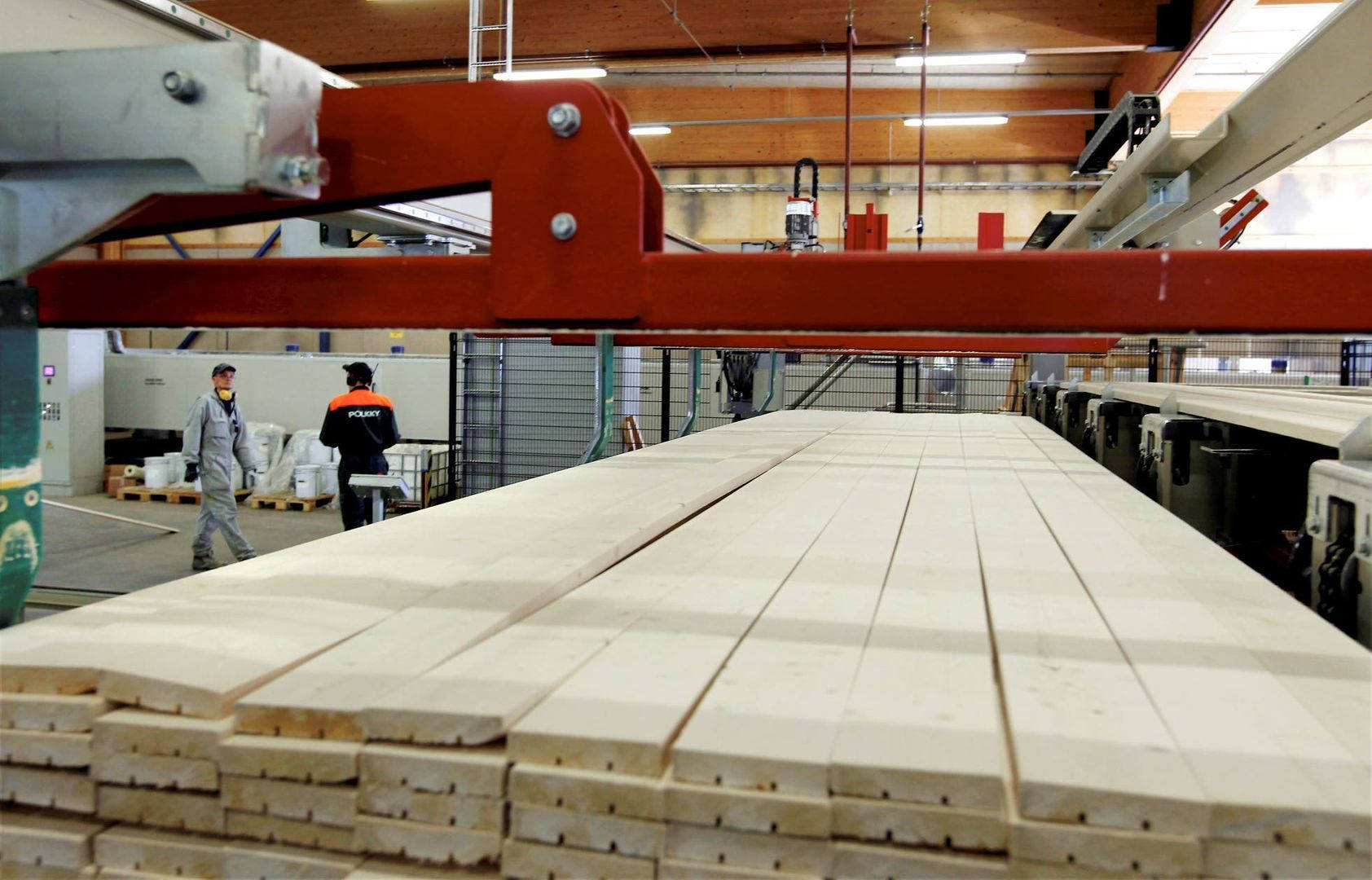EXCERPT
Energy prices have risen sharply since Russia launched a large-scale attack on Ukraine in February of this year. The background of the price increase shows how dependent Europe is on Russian energy. For example, almost half of the natural gas used in EU countries is imported from Russia.
It is precisely the availability of natural gas that is now associated with significant uncertainties, which also affect the forest industry. The situation varies depending on the country. In Finland, natural gas has accounted for less than a tenth of the energy consumption of the pulp, paper and cardboard industry, while in many Central European countries it is 30–40 percent. In Germany, for example, the share of natural gas has been 39 percent.
Russia stopped exporting natural gas to Finland in May.
The Finnish forest industry, which has used natural gas to dry pulp, paper and cardboard, among other things, sought at the beginning of the year to both replace Russian natural gas with natural gas imported from elsewhere and to switch its production to alternative energy sources. However, it requires investments in most production facilities.
Russia has restricted the export of natural gas to Germany since early summer, and the restrictions are expected to continue. This is of great importance to the German forest industry.
According to a report commissioned by the German paper industry, the end of gas supplies would reduce Germany’s paper and cardboard production by as much as 90 percent. This is a lot considering that Germany has about a quarter of Europe’s paper and board production.
When the import of Russian natural gas to Europe decreases, the demand for natural gas imported from other countries increases. It will inevitably increase the price.
The June spot price of natural gas on the Finnish and Baltic natural gas exchanges has quadrupled compared to a year ago. Several Central European production plants have stopped their machines due to too high energy costs, most recently Metsä Tissue’s tissue paper mills in Germany and Slovakia.
If production in Central Europe has to be restricted even more, the supply of these products will decrease. It may benefit the Finnish forest industry, because the situation with regard to natural gas in Finland is clearly better compared to the countries of Central Europe.
The rise in energy prices is still not spared here either, and companies’ concern about the increase in energy costs is real.
The post Russian energy roulette threatens the German forest industry appeared first on Timber Industry News.
